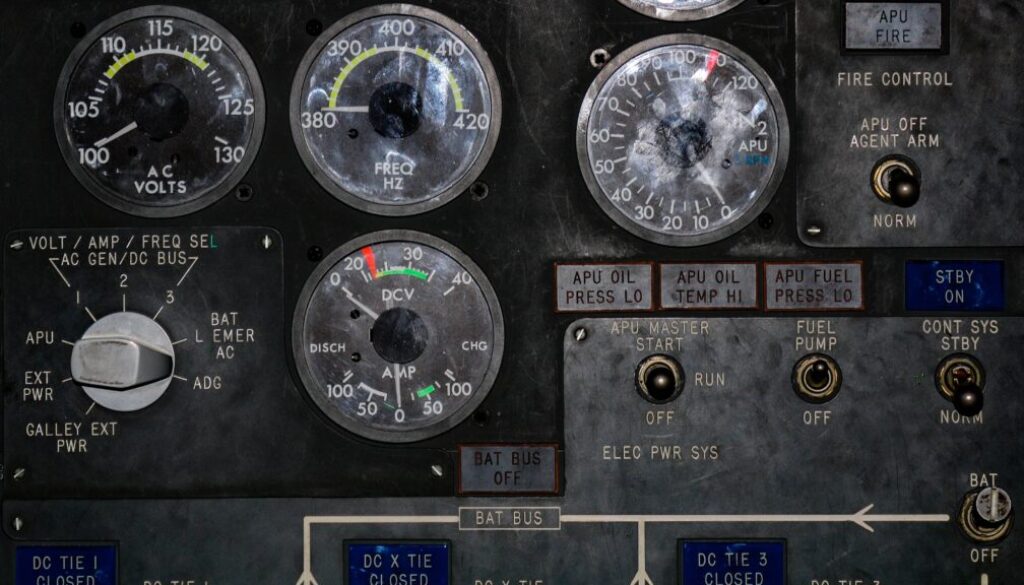Introduction
Electric control panels are the unsung heroes of modern electrical systems, serving as the central nervous system that manages and controls various electrical equipment. From industrial plants to commercial buildings, control panels play a critical role in ensuring the smooth functioning of electrical circuits and safeguarding personnel and equipment. In this comprehensive guide, we will demystify electric control panels by answering some key questions about their purpose, components, working principles, and benefits.

1. What is an Electric Control Panel?
An electric control panel, also known as an electrical panel or switchboard, is a hardware device designed to manage and distribute electrical power to different circuits and equipment within a facility. It acts as a control center, providing a centralized location for monitoring and controlling electrical systems.

2. What are the Components of an Electric Control Panel?
An electric control panel consists of several essential components, including:
- Circuit Breakers: These protective devices are designed to interrupt electrical circuits in case of overloads or short circuits, preventing damage to equipment and hazards.
- Contactors: Contactors are electromagnetic switches used to control the flow of electrical power to motors and other devices.
- Relays: Relays are electromechanical switches that respond to electrical signals to control high-power circuits or multiple circuits simultaneously.
- Fuses: Fuses are protective devices that melt when excessive current flows through them, disconnecting the circuit and preventing further damage.
- Indicators and Meters: These devices provide visual feedback and display critical information such as voltage, current, and power usage.

3. How do Electric Control Panels Work?
Electric control panels work on the principle of electrical circuits and electromagnetism. When electrical power enters the panel, it is distributed through various circuit breakers and contactors, allowing it to reach different circuits and equipment. Sensors and feedback systems monitor the electrical parameters and send signals to relays, which control the operation of motors and other devices. In case of an abnormal condition, such as an overload or short circuit, the protective devices like circuit breakers and fuses trip, disconnecting the circuit and preventing potential damage.

4. What are the Different Types of Electric Control Panels?
Electric control panels come in various types, tailored to specific applications. Some common types include:
- Motor Control Centers (MCC): MCC panels are used to control and protect electric motors in industrial settings.
- Distribution Boards: These panels distribute electrical power to various circuits in commercial and residential buildings.
- Process Control Panels: Process control panels are designed for automation and control of complex industrial processes.
- PLC Panels: PLC panels, integrated with programmable logic controllers, enable advanced automation and remote monitoring.
5. What are the Benefits of Electric Control Panels?
The benefits of electric control panels are numerous:
- Improved Safety: Control panels incorporate protective devices that minimize the risk of electrical hazards and equipment damage.
- Energy Efficiency: Efficient distribution and control of electrical power lead to reduced energy consumption and cost savings.
- Remote Monitoring and Automation: Advanced control panels allow for remote monitoring, automation, and real-time adjustments, enhancing efficiency and productivity.
- Customization: Control panels can be customized to meet specific requirements, making them versatile and adaptable to different applications.
- Reduced Downtime: Quick detection of faults and abnormalities helps minimize downtime and production disruptions.
Conclusion
Electric control panels are the backbone of modern electrical systems, offering centralized control, protection, and distribution of electrical power. Understanding their purpose, components, working principles, and benefits is essential for anyone involved in electrical engineering and facility management. By demystifying electric control panels, we gain insight into their pivotal role in streamlining operations, promoting safety, and enabling efficient and sustainable energy management.



